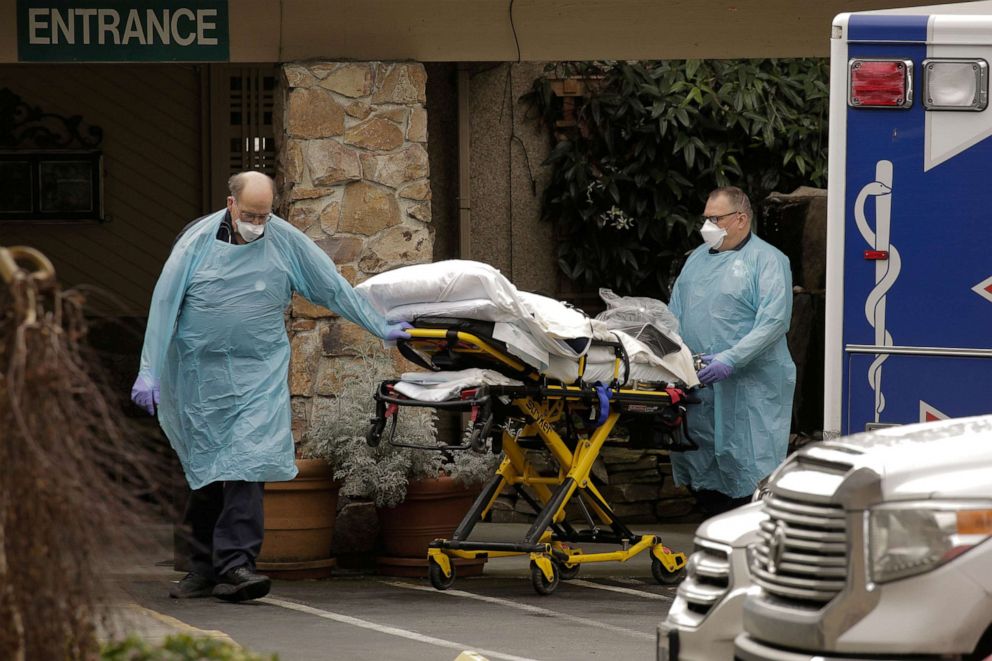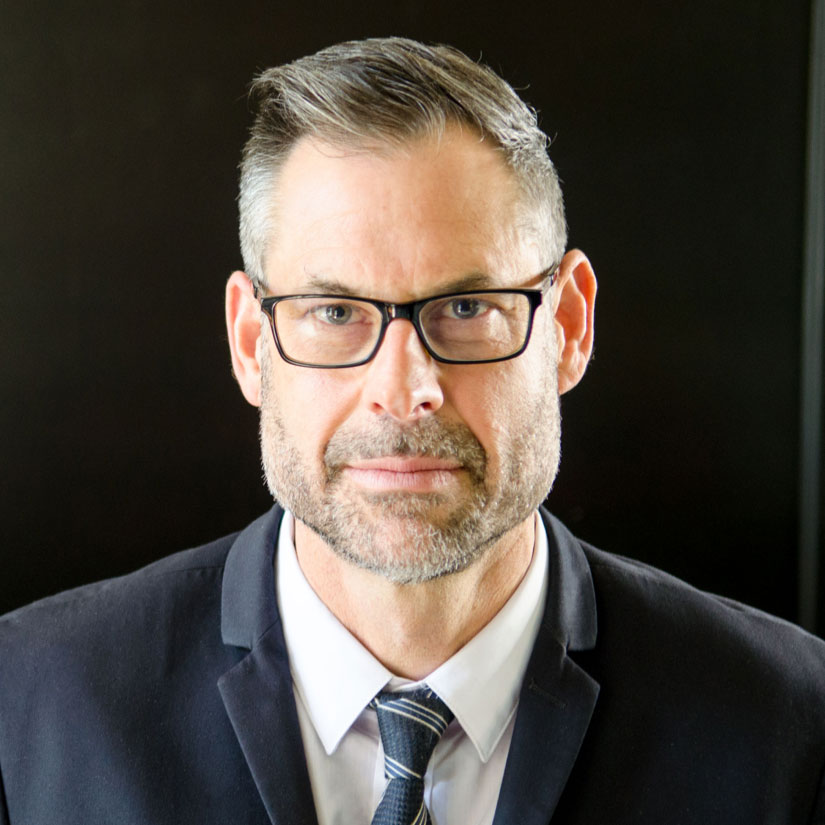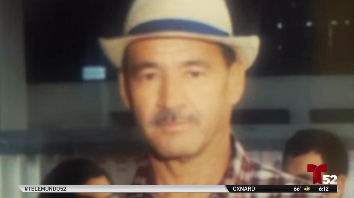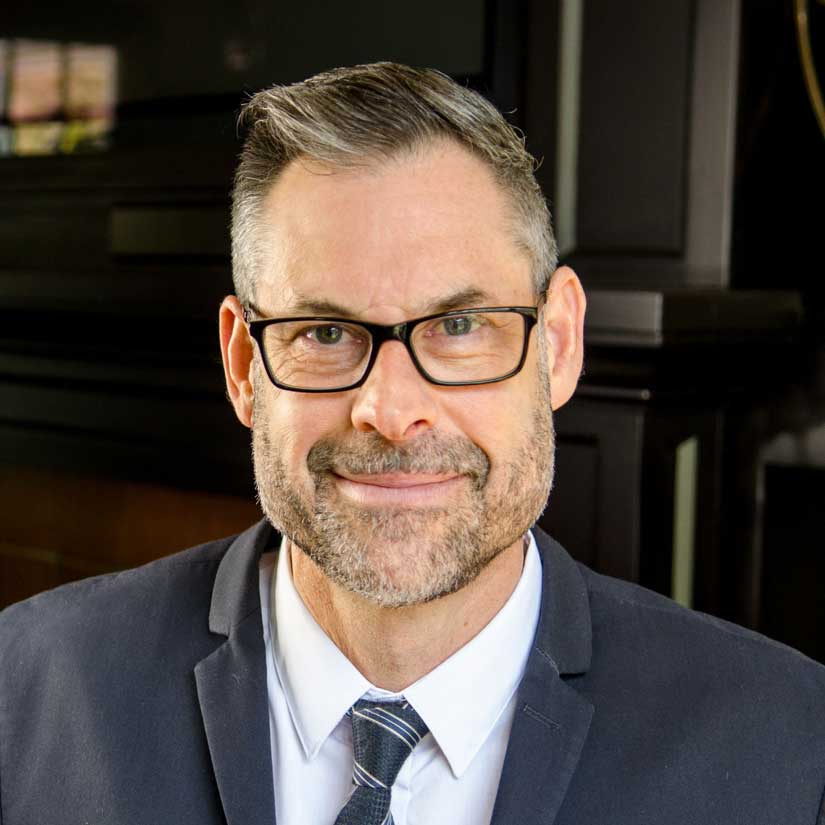Practicing Law During a Global Pandemic
I remember the beginning of the coronavirus outbreak as if it were yesterday. The first COVID-19 death had been reported in the United States on February 29, 2020.

On March 2, 2020, I handled a hearing in the Los Angeles Superior Court in Chatsworth. On the morning of March 4, 2020, I accompanied a client to an appointment with Immigration and Customs Enforcement (ICE) at 300 North Los Angeles St. We waited in the lobby, and watched as Los Angeles Mayor Eric Garcetti appeared on local television and declared a local emergency to strengthen preparation against COVID-19.

Despite the local emergency, life went on as normal. On March 5, 2020, I handled two hearings at the Van Nuys immigration court. On March 6, 2020, I handled a morning hearing at the Van Nuys immigration court, and then an afternoon hearing across town at the Olive Street immigration court in Downtown Los Angeles. That day, I learned that a client who was detained at the Adelanto Detention Facility – a privately operated immigration detention center in San Bernardino County, California – was being transferred to a detention facility in Aurora, Colorado. I intervened in an attempt to stop the transfer, which would interfere with my ability to represent my client and put him at risk of contracting the novel coronavirus. I eventually obtained his release in an April 2020 bond hearing, appearing telephonically from Los Angeles. On March 12, 2020, I appeared for a civil matter at the Stanley Mosk Courthouse in Downtown Los Angeles. The atmosphere at the courthouse was tense. Nobody wore masks. Attorneys, clients, and courthouse personnel wondered whether it was wise to be gathering in the crowded courthouse.
On March 13, 2020, former U.S. President Donald Trump declared a U.S. national emergency to fight COVID-19.

I became flooded with phone calls from detainees and family members alarmed at the prospect of a “tinderbox scenario” if the coronavirus were allowed to spread in ICE detention centers. On April 14, 2020, ICE was reporting 77 confirmed cases of COVID-19 among those in ICE custody. By April 24, ICE was reporting 297 confirmed cases of COVID-19 among those in ICE custody – a 285% increase in 10 days.
On March 17, 2020, Northern California officials announced a “shelter in place” order requiring people to stay home except for essential needs. That day, the Ninth Circuit Court of Appeals announced that “the national response to the pandemic [had] disrupted services of all kinds,” and therefore the Court was extending non-jurisdictional filing dates as needed due to “logistical issues related to the COVID-19 virus.” On March 19, 2020, California governor Gavin Newsom issued a statewide stay at home order in an attempt to stop the spread of COVID-19 in the state after warning that 56% of the population was at risk of getting the coronavirus.
By March 26, 2020, the United States led the world in COVID-19 cases, with cases topping 82,000 and deaths topping 1,000. On March 17, 2020, the Executive Office for Immigration Review – the agency which administers the immigrations courts under the Attorney General’s Department of Justice – announced that hearings in non-detained cases would be postponed, with hearings – and deportations – in detention centers moving forward.
There’s a name for such cataclysmic events in American jurisprudence. They’re referred to as “acts of God” – force majeure events which render contract performance impossible and excuse performance of contractual obligations. It was an open question whether litigation was even going to be possible in a climate where in-court appearances could lead to serious illness or death.
For me, the pandemic did take on a quasi biblical import. Many of my clients were detained in private immigration detention facilities, where crowded conditions and flimsy protocols we’re fertile ground for a rapid and deathly spread of the virus. I resolved to seek the release of every single one of my detained clients. From March to November 2020, I sought the release of my clients through all possible means. I filed motions for parole and bond, requesting that ICE release my clients due to the serious risk of contracting COVID-19, which had proven to be life-threatening for individuals of all ages. When all else failed, I filed petitions for writ of habeas corpus with the Federal District Court, seeking my clients’ release based on constitutional principles, such as freedom from punitive detention under the Fourteenth and Fifth Amendments, and freedom from unlawful searches and seizures under the Fourth Amendment.
Gradually, nonprofit organizations such as the ACLU began to file lawsuits on behalf of detainees. These lawsuits evolved into class action lawsuits. I joined forces with the ACLU, providing evidence and arguments to support my clients’ release. The first such lawsuit was Robles Rodriguez v. Wolf, No. 5:20-cv-00627-TJH-CJS (C.D. Cal. Apr. 2, 2020), which resulted in the release of one client who had been detained by ICE since March 2017.
Another client, who was medically vulnerable, was the first person to be released on a bail application in Roman v. Wolf, No. EDCV 20-00768 TJH (PVCx) (C.D. Cal. Apr. 23, 2020).
One by one, I secured the release of all of my clients. The last one was released in November 2020, after I intervened on his behalf through the court-appointed Special Master in Roman v. Wolf.
Throughout this period, my work with non-detained clients did not cease. I continued to work in the criminal court, the immigration court, and the courts of appeal. I was one of the first attorneys to appear by video at the Ninth Circuit Court of Appeals. Zoom was a new concept at the time. Initially, I was told to connect to the Court with Cisco Jabber. Then, due to unforeseen technical hurdles, I was asked to appear by Zoom. The Zoom link changed several times before oral argument. By the time my case was called, the link had changed again, and I ended up appearing by telephone.
Nevertheless, the oral argument went well, and the court remanded my client’s case back to the immigration court for a second chance at relief. In July, I appeared at the Ninth Circuit again, on a writ for habeas corpus. This time, the Zoom link worked, and client remains free from federal custody.
In the meantime, I continued to appear in criminal court by telephone. This was a particular challenge because much of my success in reopening and vacating criminal cases is through hands-on negotiations with deputy district attorneys, city attorneys, and other prosecutorial agencies. Now I was limited to phone and email. But I learned that I could achieve equally successful outcomes through preparation and planning. I appeared telephonically in Los Angeles, Van Nuys, San Bernardino, Long Beach, and other venues. I was able to vacate sentences and convictions, and craft immigration-safe plea bargains, all by telephone and email.
 Throughout the pandemic, I’ve been told that it simply wasn’t possible to succeed unless I could drive to the courthouse and pound on the DA’s door. Yet I believe this period of confinement has taught us just how much we can achieve if we’re willing to open ourselves to new possibilities. Working during the pandemic has made me even more efficient, more organized, and more determined than ever to achieve results. Organization and preparation are key. I, for one, will continue to benefit from the skills I’ve gained during this period in history. Adversity makes us stronger, not weaker.
Throughout the pandemic, I’ve been told that it simply wasn’t possible to succeed unless I could drive to the courthouse and pound on the DA’s door. Yet I believe this period of confinement has taught us just how much we can achieve if we’re willing to open ourselves to new possibilities. Working during the pandemic has made me even more efficient, more organized, and more determined than ever to achieve results. Organization and preparation are key. I, for one, will continue to benefit from the skills I’ve gained during this period in history. Adversity makes us stronger, not weaker.
My clients will also benefit from the knowledge I’ve gleaned during the crisis. Their concerns about logistics will be minimal. I can communicate over distances. I can collect documentation from remote locations. I can represent them safely and effectively, despite the physical distance between us. This, more than anything, is what I will take away from practicing law during a global pandemic.






